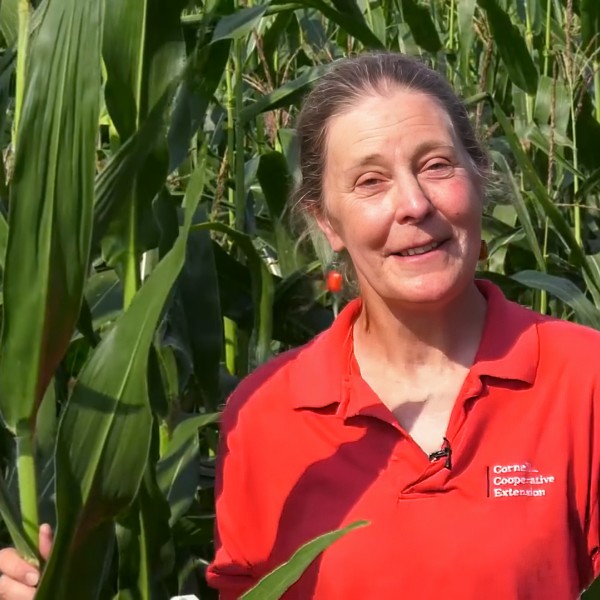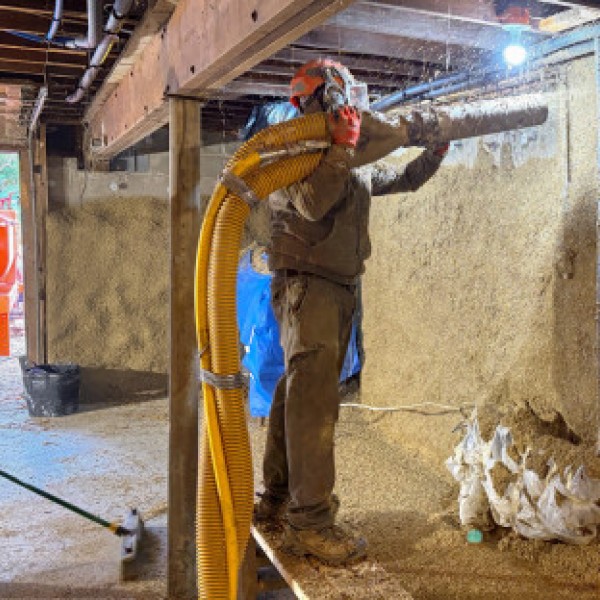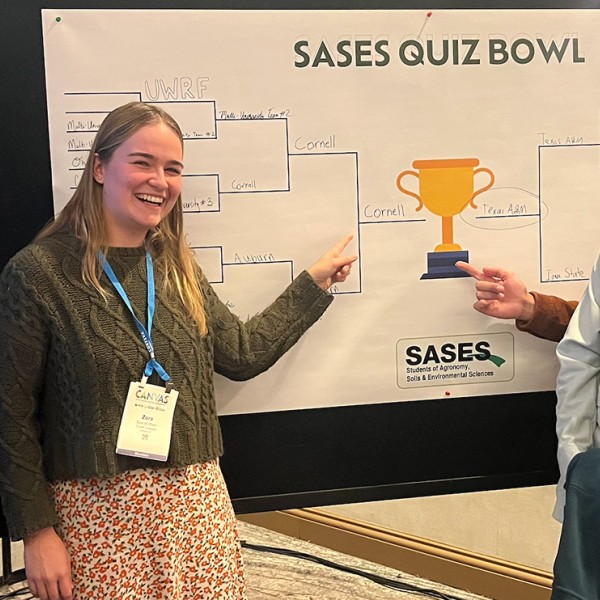Degree programs
Continuing education
News from the School of Integrative Plant Science
Learn about the many ways we are addressing some of the world's most urgent challenges.
News
After almost 50 years at Cornell – from an undergraduate student to a widely respected steward of Cornell’s land grant mission – Margaret Smith has been elected professor emerita. Smith came to Cornell in 1974 and earned her bachelor’s (’78) and...
News
As soil microbes break down plant residues, they produce a diverse set of molecules, but this diversity starts to fall after the initial phase of decomposition (roughly 32 days). Understanding how soils retain or emit carbon dioxide during this...
News
With a $5 million investment from New York state, Cornell is building a processing hub and “service center,” where businesses can research, develop and prototype new hemp-based materials.











